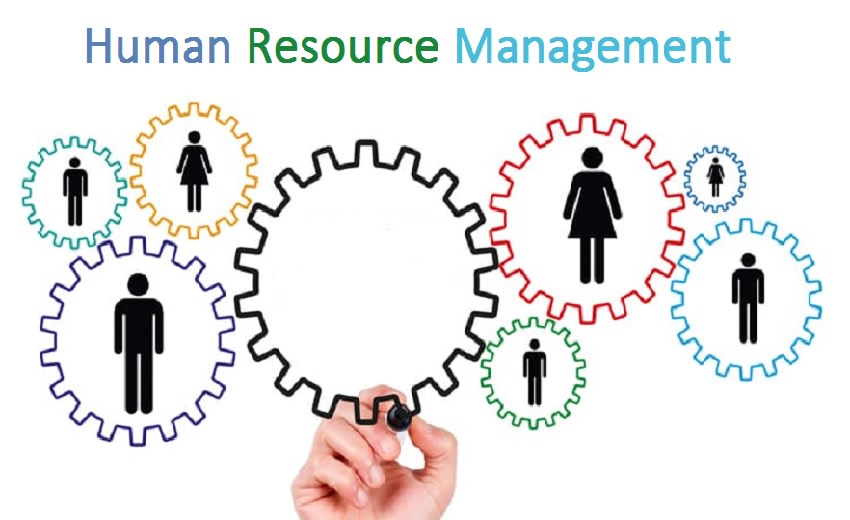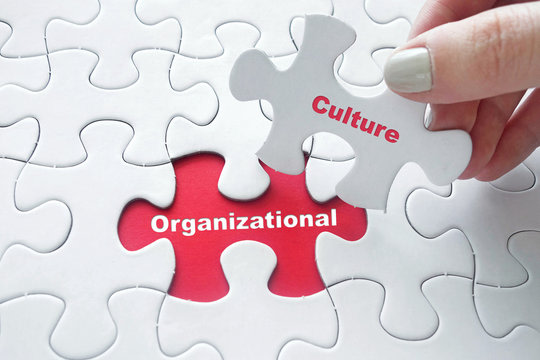Learn why leading HR professionals trust ekincare! Explore Now

Any organization's success depends on the performance of the human resource manager (HRM) position. The HR managers' responsibilities include managing a variety of workforce-related tasks, making sure the right people are in the proper jobs, and fostering a positive work environment. In this article, we'll examine the key duties of a human resource management and talk about how they affect an organization's success as a whole.
Planning and forecasting the organization's personnel needs is a crucial duty of an HR manager. This entails determining the most efficient internal and external recruitment techniques and evaluating the talent needs of the present and the future. To write job descriptions that draw eligible applicants and carefully choose the most suited candidates, HR managers work closely with hiring managers. HR managers make sure that the company has the talent needed to fulfil its goals and maintain a competitive advantage by carefully planning and employing the right employees.
Building a skilled and diverse workforce that can stimulate innovation, productivity, and success requires the capacity to attract and choose top people. HR managers make a vital contribution to the company's capacity to remain competitive and meet its strategic goals by carrying out this role.

For HR managers, performance management is a key role that includes several important duties. They are essential in setting performance standards and metrics, carrying out frequent performance evaluations, and giving staff members constructive criticism. Managers and employees work closely together to identify areas for development and create plans to increase team and individual performance. Additionally, they deal with any performance problems, such poor work or misconduct, and, if necessary, apply the proper disciplinary measures. HR managers make sure that employees are in line with organisational goals and contribute to the success of the company by putting performance management techniques into practise effectively.
HR managers foster a culture of accountability and continuous improvement inside the company by establishing clear performance objectives and periodically evaluating employee performance. Employees can improve their skills and capacities by using this technique to identify their strengths and potential growth areas. HR managers offer the required assistance for employees to develop and be successful in their positions through ongoing coaching and feedback.
The professional growth of employees inside an organisation is greatly aided by HR managers. They create and carry out a variety of training programmes targeted at improving the staff members' skills and competences. These training courses can be delivered through e-learning modules, workshops, seminars, or on-the-job training, among other formats.
HR managers help to raise productivity and boost job satisfaction by giving employees opportunities for lifelong learning and development. Regular training and development opportunities give employees the tools they need to manage their responsibilities and adjust to shifting workplace dynamics. The visible results are improved performance and efficiency within the organisation.

HR managers also understand the value of succession planning and talent retention. They identify high-potential employees within the company and design career development plans that are specific to their abilities and goals. These strategies could involve employment rotations, mentorship programmes, or specialised training to prepare staff members for future leadership positions. HR managers cultivate a pool of bright individuals who can fill key roles and propel the organization's long-term success by investing in the professional development of employees.
Individuals gain from supporting employee growth, and it also promotes a pleasant workplace culture. Employees are more likely to feel involved and dedicated if they believe their company prioritises their development and makes investments in it. In turn, this results in greater job satisfaction, elevated staff morale, and lower turnover rates.
A productive workplace requires maintaining good employee interactions. When there are problems or disagreements between employees or between employees and management, HR managers serve as mediators. They create and uphold rules and regulations that support equality and fairness at work, including dealing with problems relating to diversity and inclusion. Additionally, HR managers address employee complaints, look into complaints, and guarantee that labour laws and regulations are followed. HR managers encourage employee engagement, job happiness, and overall organisational success by building a pleasant work environment.
HR managers use technology to optimise HR processes and make data-driven decisions in the modern digital world. Implementing and managing HR information systems (HRIS) is one of the primary technology tools they use. Numerous HR procedures, including as payroll, performance management, and employee record keeping, are automated by these platforms. HR managers can increase efficiency in managing HR services by eliminating manual, time-consuming procedures by deploying HRIS.
One of the key features of an HRIS is the automation of payroll procedures. HR managers are able to enter and monitor personnel data, compute salaries, and produce precise and timely payments. This automation lowers the possibility of mistakes and makes sure that workers are paid accurately and on time, which ultimately increases employee happiness and confidence in the company.

HR managers also use data analytics to learn more about employee engagement, turnover rates, and workforce trends. They can find patterns, spot possible problems, and make data-driven decisions by analysing this data. For instance, examining turnover rates can assist HR managers in identifying problem areas and putting initiatives in place to increase employee retention. Similar to this, tracking employee engagement levels enables them to spot any gaps in employee satisfaction and take proactive steps to resolve any underlying problems.
Additionally, data analytics provide insightful information about the workforce's demographics, skill gaps, and training requirements. Using this data, HR managers may create training and development initiatives that are focused, improve employees' abilities, and support organisational objectives.
Salary and benefit plans within an organisation are created and managed by HR professionals. They are essential in maintaining the fairness and competitiveness of the pay system. HR managers carry out wage surveys to compare the organization's pay rates to industry norms in order to accomplish this. As a result, they are better equipped to decide on wage modifications and guarantee that workers are fairly compensated for their abilities and efforts.
Human resources administrators supervise and design employee benefit plans in addition to handling compensation. These benefits include a variety of things, including paid time off, retirement plans, and health insurance. The right benefit alternatives must be chosen, vendors must be bargained with, and employees must be informed of these advantages.
A human resource manager's duties are varied and crucial to an organization's success. HR managers play a key role in ensuring the company has a talented workforce, a positive work environment, and efficient HR processes. This is true of everything from workforce planning and recruitment to training and development, performance management, employee relations, compensation and benefits, and HR information systems and data analytics.

HR managers make sure the company has the talent it needs to accomplish its goals by proactively planning and hiring the right people. They create job descriptions, identify skill gaps, draw in qualified individuals, and carry out meticulous selection procedures. Building a skilled and diversified workforce that can spur innovation and productivity depends on this task.
HR managers concentrate on employees' ongoing growth through training and development initiatives after they are hired. HR managers improve employees' skills and knowledge by recognising training gaps, creating pertinent programmes, and offering opportunities for advancement. Higher job satisfaction, better performance, and greater staff retention are all benefits of this investment in employee development.
HR managers are also essential for succession planning and talent retention. HR managers can create career development plans that are compatible with high-potential employees' talents and goals by recognising these people within the company. This tactical strategy guarantees a stream of qualified persons who can prepare staff for future leadership roles. They can establish a culture that draws and keeps top people by encouraging ongoing learning and progress.

Additionally, the effects of HR managers' activities go beyond specific individuals. HR professionals help create a workforce that is highly competent and flexible by fostering employee development. As a result, the company is better positioned to succeed in a business environment that is changing quickly.
In essence, HR managers serve as stimuli for development inside both individuals and organisations. They provide opportunity for individuals to realise their full potential while coordinating their talents with the strategic goals of the company through their training efforts and career development plans. They play a critical role in guaranteeing organisational success and a lasting competitive advantage by investing in the professional development of employees.
Learn how your organisation can get the best employee health and well-being experience with ekincare`s commitment to quality.